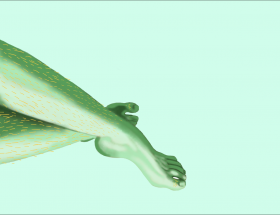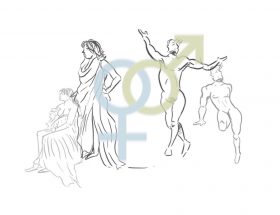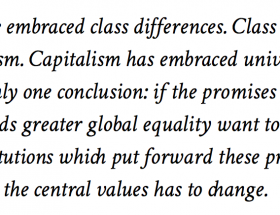Humans are unique and paradoxical.
More powerful than any other species, and yet less attuned to the delicate balance of the world around them. Humans are advancing rapidly while simultaneously self-destructing. Humans are heroes and villains. Compassionate and cruel. They are confusing and captivating. They contain multitudes. A complete and fully satisfying definition of humanity may elude our basic comprehension. Still, many have tried time after time to pinpoint what it is that makes humans human. Maybe we are human simply because we contemplate what it means to be human. Though that may be too simplistic.
Numerous elements differentiate the human species from others. One of them is bipedalism, which emerged millions of years ago and gives humans the ability to carry, throw, and pick up things. Bipedalism gives humans an advantage as it enables them to travel long distances without expending too much energy and see the world from a higher vantage point. Human mobility, joint flexibility, and range of motion are quite distinct even from the species most closely related to us. Another feature completely unique to the human-animal is blushing, a relatively odd but authentic expression of human emotion originating from the sympathetic nervous system. Blushing usually denotes a feeling of embarrassment and represents the remarkable capacity to express and experience emotions. Perhaps the most distinguishing characteristic, however, is the size of the brain. The size of the human brain relative to total weight is greater than any other mammal. It also goes through a much longer stage of development and seems to reach a higher level of complexity. Energetically speaking, it is a very expensive attribute, consuming about 20% of the body’s total energy. It is a highly intriguing trait since it is intimately linked to the workings of the human mind.
The human mind and its capacity for imagination, creativity, and forethought are possibly the most distinguishing elements of our humanity.
Imagining futures and outcomes, creating new ideas and material things, and acting on prescience – these qualities are undoubtedly special. The act of storytelling, passing information from generation to generation, allows humans to learn and evolve more quickly than other species. Humanity enjoys the capacity to change profoundly and rapidly, to understand problems and complexity in order to act on reason and bring imagined conditions into existence. Our language and communicative abilities also confer upon us an advantage for developing thinking, interactive, and leadership skills. Our awareness of death and mortality grant us a unique self-perception and consciousness of the fleeting nature of life. This has surely influenced how humans live their lives, how they think, how they make art. It may also have a role to play in the altruism and compassion humans can demonstrate. Though other species also exhibit various levels of altruism, humans can choose to act completely selflessly. To feel an unparalleled level of empathy for others and to sacrifice their own well-being for that of others.
The emotional depths of the human are underexplored and underexplained.
The complicated nature of our thoughts and feelings defines us, for better or for worse. We can contradict ourselves with one single sentence or action. We can feel a mixture of opposing emotions all at once. We love and we hate and we suppress our emotions and we synthesize new ones. We can contemplate the nature of our own existence. We are special, without a doubt. And yet, we often choose to behave ignorantly. We mistakenly believe other people and other species are inferior. We dirty the definitions of humanitarian, humane, human. We make ugly mistakes. However, the exceptional thing is that we can right our wrongs. As a species, we have an extraordinarily wide range of choices to make and resources to utilize. With that range of choices comes a responsibility to act well. We must still learn and re-learn to behave compassionately and intelligently. Instead of giving in to speciesism and putting ourselves above all others, we must open our minds to the possibility and potential of harmony with our surroundings. A superiority complex may be what ultimately dooms humanity to fail the test of survival. Instead of reveling in the remarkable nature of the human, humanity must evolve and cultivate a higher and more critical level of self-awareness.
art by Quinn Fagersten




